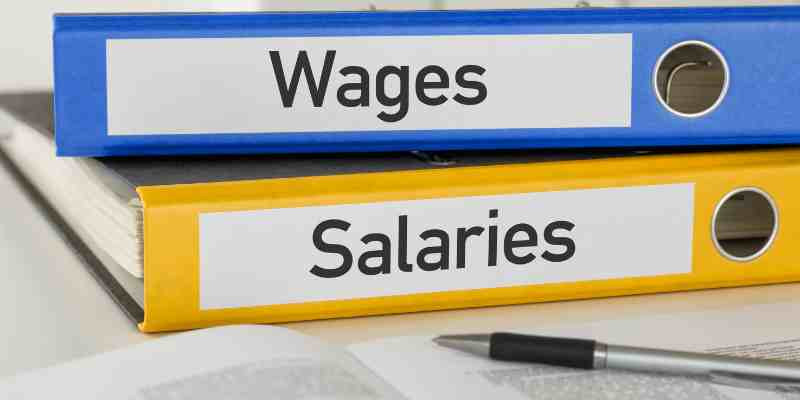News & Information
How do you pay yourself? Dividends Or Salary?
Paying yourself as a small business owner is an important decision. Determining how you do it will be very important concerning finances and taxes.
Questions about this topic can include:
- Which way should you pay yourself?
- Which option minimizes taxes?
- Is income splitting an option?
The answer to any of these questions is personal, and we strongly suggest you contact our office when it comes time to decide. We can examine your specific situation and determine the right choice for you.
Your business structure affects how you’re taxed, so who should consider this? Examples include:
- Owner-managers in small incorporated companies
- Any shareholder and their spouse both actively involved in their business
- Service-based companies like
- Contractors
- Consultants
- marketing freelancers
- IT and software developers
- finance professionals
- medical professionals
- tradespeople
- realtors
A key item to remember is that any profit earned by the corporation belongs to the corporation and is not attributed to the owner without tax implications.
Commonly, there are two ways to pay yourself: dividends or wages, as in payroll. Here are some considerations to determine which is best for you.
Dividends
As a shareholder, you can be paid this way as dividends come from the business’s profit. At year-end, a T5 slip is issued by the company showing the dividends paid. This is used to calculate the tax owing on your personal tax return. Dividends are taxed at a lower rate than wages due to the corporation paying a portion of the tax.
Canada Pension Plan (CPP) and Employment Insurance (EI) are not payable on dividends, and, unlike earned income, they do not create RRSP contribution room.
You can declare about $20,000 without paying any personal tax if your only income is in dividends,
Wages
In this case, the corporation will issue a T4 slip if this is the option you choose. Here, you are an employee of your own business, taking a regular salary.
The corporation will treat the wages as an expense and take a tax deduction against income.
While CPP contributions must be paid on wages between $3,500 and $64,900, owners do not pay EI premiums. Wages are “earned income” and will affect your RRSP contribution limit.
Which option has lower taxes?
By and large, wages result in less actual tax being paid but may be slightly more expensive overall due to the CPP contribution.
Income splitting in Canada
Dividends must be earned or must be a reasonable return on investment. These days, income-splitting rules for dividends more closely align with the regulations around wages. However, the dividend or wage must be reasonable compensation for the spouse’s contribution. The dividend must be a return for financial risk when a spouse is not involved in the business.
Other ways to be compensated
There are other ways owners can take cash from the corporation, but you should contact us to go over the intricacies of each option. These include shareholder loans, management fees, a Capital Dividend Account or Paid Up Capital.
The laws change often and will always impact your business. We can walk you through the pros and cons of each scenario and determine what’s best in your best interest.
If you still have questions, book an appointment. We can help take the stress out of tax season for you.
When you subscribe to the blog, we will send you an e-mail when there are new updates on the site so you wouldn't miss them.




Comments